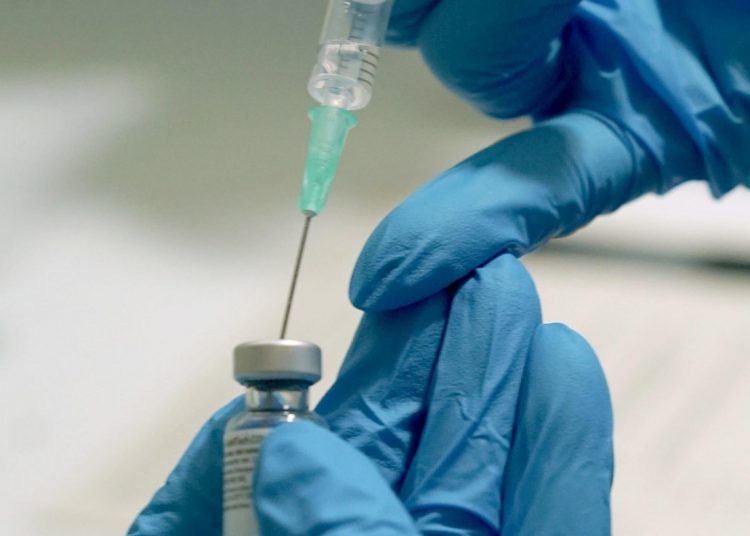After having approved phase 2 of clinical trials of its second vaccine candidate to prevent COVID-19, called Soberana 02, Cuba began vaccinating volunteers, Havana’s Finlay Institute reported this Tuesday.
“This week the vaccination process of the Phase II Clinical Trial of vaccine #Soberana02 began. Everything has gone normally and complying with good practices,” the scientific center dedicated to research and vaccine production reported on Twitter.
Esta semana comenzó el proceso de vacunación del Ensayo Clínico Fase II de la vacuna #Soberana02. Todo ha transcurrido con normalidad y cumpliendo las buenas prácticas. Se evalúa actualmente cuál de las formulaciones de #Soberana01 pasará a la Fase II.#CubaViva en sus #Soberanas pic.twitter.com/RRlOGgP8Tm
— Instituto Finlay de Vacunas (@FinlayInstituto) December 22, 2020
In this Cuban vaccine candidate, the virus antigen and tetanus toxoid are combined, as the director general of the Finlay Vaccine Institute, Vicente Vérez, recently explained. Phase 2 should involve about a hundred people, which will increase to between 300 and 600 in a phase II-B.
Phase 3―more complex to develop on the island due to the low incidence of the disease―should include an even greater number of volunteers. Vérez described this future conjugate vaccine as “innovative” because, he assured, its formulation is unprecedented among all those currently being developed in the world to face SARS-CoV-2.
On December 17, after preliminary positive results of phase I, “Soberana 02″ received authorization from the island’s Center for State Control of Medicines, Equipment and Medical Devices to advance to phase II of clinical trials, which is why it constitutes the first Latin American drug to reach that stage.
Second phase of Cuban Soberana 02 vaccine candidate’s clinical trials approved
Cuba is developing three other coronavirus vaccine projects, baptized as Soberana 01, Abdala and Mambisa.
The clinical trials of Soberana 01 began at the end of last August, and according to its promoters, the process, which has had the participation of more than 700 volunteers, is progressing without incident.
Unlike other more advanced projects, made from adenoviral vectors or inactivated viruses, this Cuban drug is based on a recombinant protein.
In the case of Abdala (intramuscular) and Mambisa (intranasal), investigated at the Center for Genetic Engineering and Biotechnology (CIGB) in the Caribbean country, it has been announced that clinical trials will begin in which each one will be tested in two phases. Cuba, which has a total of 10,384 positive cases since the beginning of the pandemic and 139 deaths, has a recognized biotechnology and pharmaceutical industry that currently produces eight vaccines against diseases such as meningitis, lung cancer (therapeutic) and solid tumors, among others.
The country’s authorities have indicated that they plan to vaccinate against COVID-19 an “important part” of the Cuban population before the end of the first half of 2021.
EFE/OnCuba










